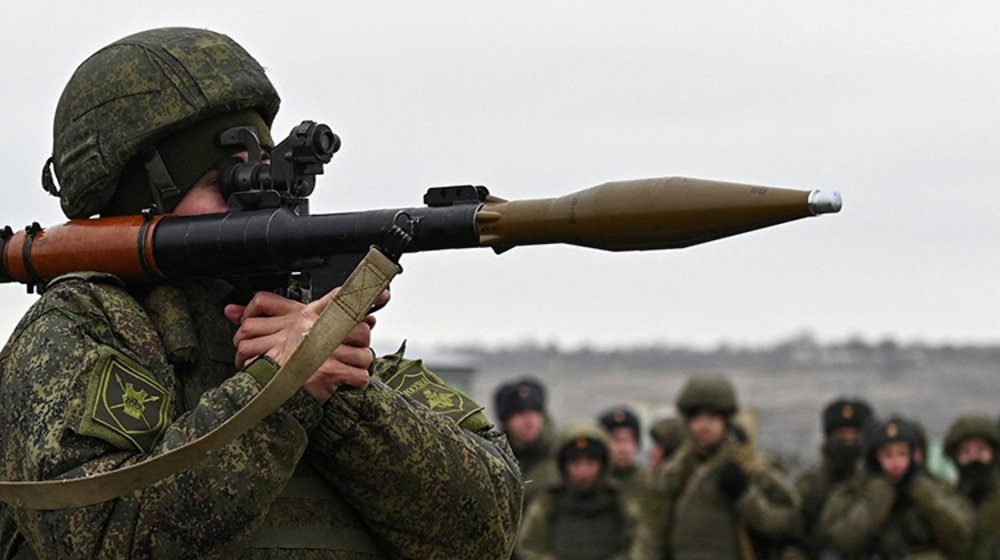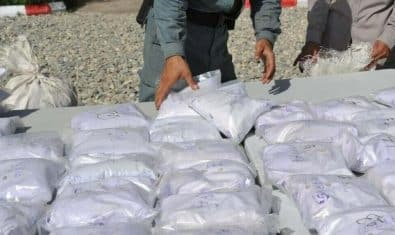Amid the security threats and economic uncertainties hovering over worldwide in the ongoing Russia-Ukraine war, the tension is feared to further grow inflation and current account deficit in Pakistan.
The Finance Ministry issued on Monday its Monthly Economic Update & Outlook February 2022, cautioning that the recent geopolitical tensions, in particular the Ukraine crisis, presented a considerable risk factor to the otherwise positive outlook for Pakistan’s economy.
“These tensions might further lift international oil and food prices, as well as other commodity prices outside and beyond their current cycles. The main question is about the potential strength and duration of this new inflationary factor. The main risk for the Pakistan economy is that these developments may further delay the downward correction in inflation and improvement in the current account balance,” says the report.
The current account posted a deficit of $ 11.6 billion for July-January FY2022 as against a surplus of $ 1.0 billion last year. “Current account deficit widened due to constantly growing import volume of energy and non-energy commodities, along with a rising trend in the global prices of oil, COVID-19 vaccines, food and metals,” the report said.
The CPI inflation during July-January was recorded at 10.3 percent against 8.2 percent during the same period last year. CPI for January 2022 was recorded at 12.96 percent on a YoY basis against 5.65 percent the same month last year. The report said that the overall spike in CPI is due to an increase in the prices of imported items especially crude oil, being traded at a near seven-year high due to limited production and high demand during post-pandemic recovery.
Although the economic recovery is underway, the economy is also confronted with inflation and external sector pressure. The government is taking various policies, administrative and relief measures to counter the downside risks for the economy, said in the report.
The report said that commodity prices in the international market remained at the upper levels of their current cycles. In these circumstances, added the report, it was difficult for domestic prices to start a downward adjustment.
High international commodity prices, together with the strong expansion of domestic economic activity keep the value of imports elevated.
The overall economic growth during the first 7 months of the current FY is much better. All currently available information indicates that this economic dynamism will continue in the following months, in which case the Government’s economic growth target for the whole year (around 5 percent) is likely to be realized, said Finance Ministry.
The Monthly Economic Indicator (MEI) remains strong as evident from favorable movements in macroeconomic high-frequency indicators such as growth in LSM, strong potential economic growth in Pakistan’s main trading partners and growth in imports. The momentum in the economic dynamism observed in recent months is expected to continue supporting economic activity in January. The average MEI for the first 7 months of the current FY indicates more than 5 percent average economic growth during this period
On the performance of the Federal Board of Revenue, the report said that FBR has implemented a variety of initiatives both at the policy and operational level to increase the revenue potential through digitization, transparency and the taxpayer’s facilitation. The tax collection authority has been able to achieve more than 57.5 percent of its annual target during the first seven months of the ongoing fiscal year. Consequently, it has also resulted in healthy and consistent growth in revenue collection. It is, therefore, expected that FBR tax collection would meet its target set for the current fiscal year.
The report said that exports and remittances dropped in January more than expected due to seasonally from December. Even after adjusting the seasonal factor, the exports declined marginally more than expected in January 2022, which resulted in a deficit in the trade balance. On the other hand, remittance inflows also declined in January, largely due to a negative seasonality that is typically observed in January. In sum, the declines in net exports and remittances caused the current account balance to worsen in January.
According to the report, 19 million applicants have been registered for the ‘Ehsaas Rashan Riayat program’. After the scrutiny, families declared eligible will be able to avail a subsidy of Rs. 1000/- month to buy flour, cooking oil/ghee and pulses from NBP’s network of Kiryana retail shops and Utility stores.
Under National Poverty Graduation Program, 76,507 livelihood productive assets worth Rs. 4.60 billion have been transferred to ultra-poor households till 31st January 2022.
The PPAF through its 24 Partner Organizations has disbursed 35,001 interest-free loans amounting to Rs. 1.26 billion during January 2022. From July 2019 till 31st January 2022, a total of 1,722,509 interest-free loans amounting to Rs. 61.44 billion have been disbursed to the borrowers.





















